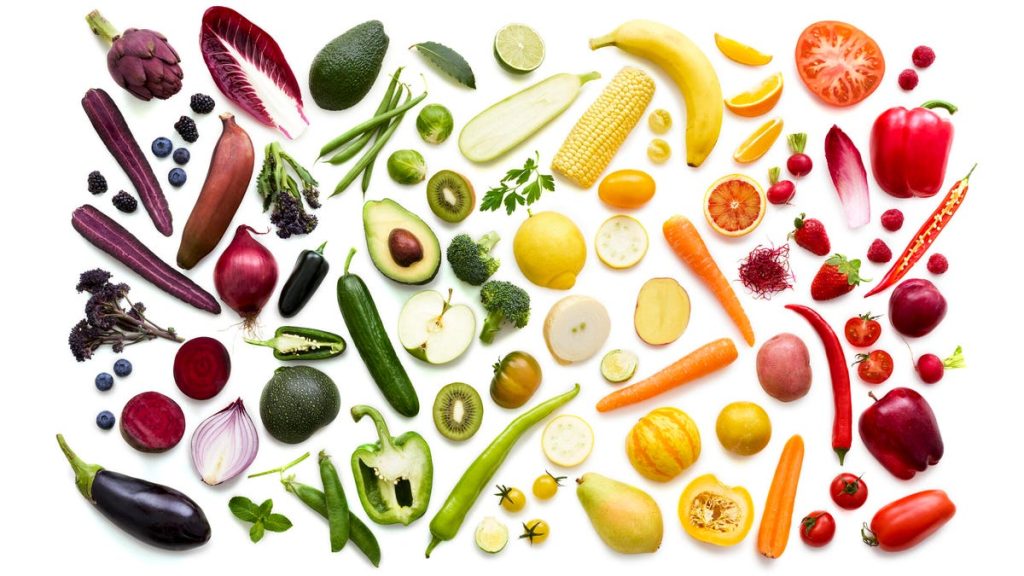Many people rely on supplements to fill in nutritional gaps, but it’s important to also incorporate foods high in vitamins and minerals into your diet. This guide provides a food-first approach to obtaining essential nutrients, emphasizing the importance of a balanced and nutritious diet. Vegetables are shown to be top sources for almost every nutrient, highlighting the importance of incorporating a variety of vegetables into your meals.
Vitamin A is essential for various functions in the body, and can be found in both animal and plant foods. Preformed vitamin A is found in animal products, while provitamin A is found in plant foods. Foods high in vitamin A include eggs, meat, fish, fortified milk, and a variety of colorful fruits and vegetables. By incorporating these foods into your diet, you can prevent vitamin A deficiency and support overall health.
The B vitamins are a group of essential nutrients that play a role in various bodily functions. The best food sources of B vitamins include organ meats, eggs, dairy products, leafy greens, nuts, seeds, whole grains, and legumes. By incorporating these foods into your diet, you can ensure you are getting an adequate intake of B vitamins to support your overall health.
Vitamin C is known for its role in immune health, tissue repair, and skin health. Foods high in vitamin C include citrus fruits, berries, broccoli, leafy greens, and peppers. By including these foods in your diet, you can ensure you are getting enough vitamin C to support your overall health and well-being.
Vitamin D is primarily obtained from sunlight, but can also be found in foods such as fatty fish, egg yolks, fortified milk, and cheese. Including these foods in your diet can help support your vitamin D levels and overall health. Vitamin E is an antioxidant that plays a role in various bodily functions, and can be found in nuts, seeds, vegetable oils, leafy greens, and fortified foods.
Minerals are essential for optimal health, and can be obtained from foods such as dairy products, leafy greens, seafood, whole grains, nuts, seeds, and legumes. By incorporating these foods into your diet, you can ensure you are getting an adequate intake of minerals to support your overall health and well-being. It’s important to consume a variety of foods to ensure you are getting a balanced intake of essential vitamins and minerals.















